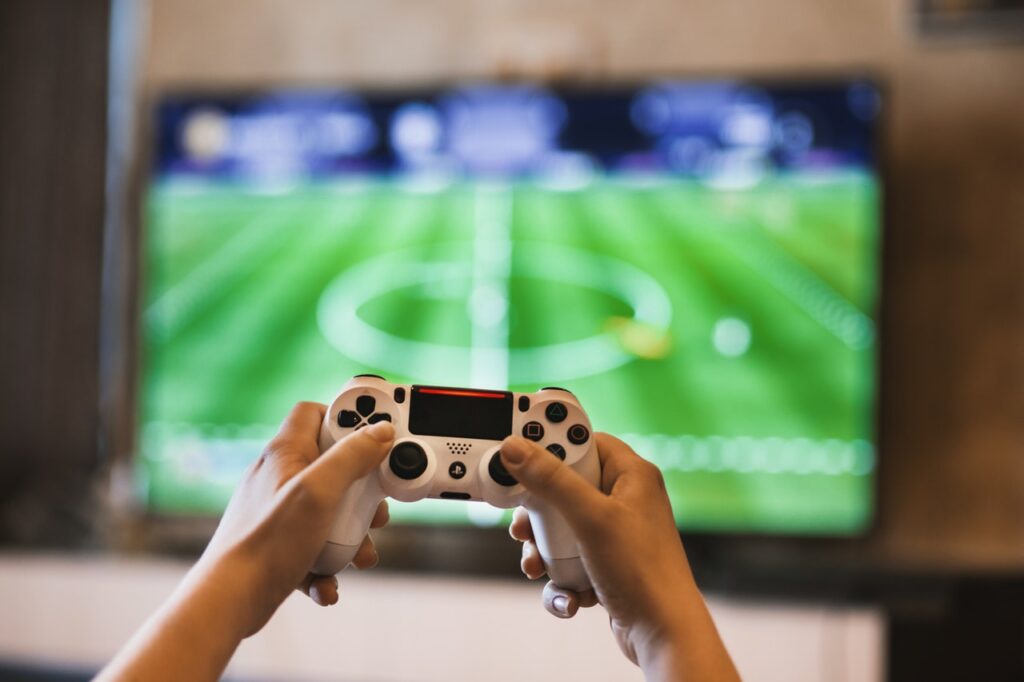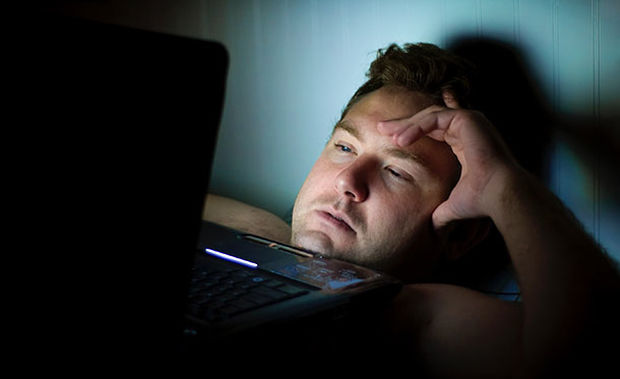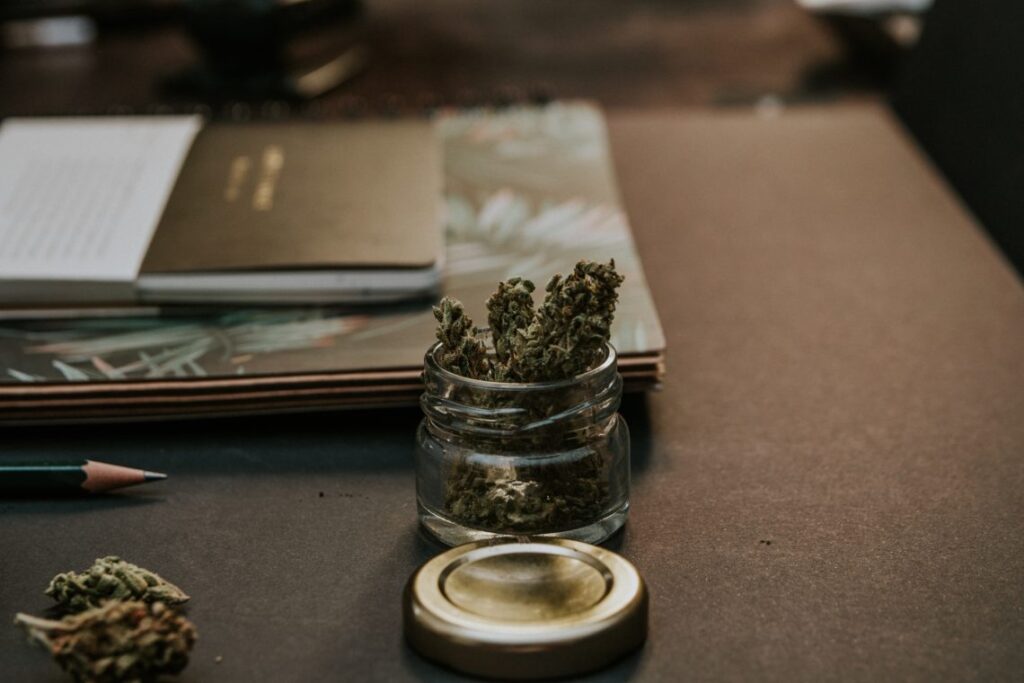Phenomenon of Gaming and It’s Relationship to Anxiety and Depression

Watch a presentation on the Phenomenon of Gaming and It’s Relationship to Anxiety and Depression presentation by Carolyn Rubenstein, Ph.D. and Gabrielle Avery-Peck, Ph.D. from the Center for Treatment of Anxiety and Mood Disorders at the ADAA Conference 2019.
Why We Dread Bedtime When We’re Anxious

For those who struggle with anxiety and insomnia, lying in bed at night can be dreadful. Before getting into bed for the night, many will describe allowing themselves to have a nice, relaxing evening. They may feel relatively low stress or little to no anxiety. But, as soon as the lights turn off for the night, the brain turns on with a vengeance. Now you’re in bed, wide awake, worrying about any and every possible negative outcome in the days, weeks, months and even years ahead.
Why Words Are so Important in Psychiatry

As reviewed in a past article, the field of Psychiatry is unique among medical specialties. At present, medical technology has yet to provide adequate imaging or laboratory testing that would allow for more objective assessment of a patient’s symptoms and concerns. A person with chest pain, fatigue and a racing heartbeat can rest assured that a carefully designed testing protocol will clarify the nature of the problem. Cardiac enzymes, electrocardiogram, chest x-ray and even cardiac catheterization will provide objective evidence to either rule-in or rule-out a cardiac event. Or the severe sore throat that makes swallowing difficult can be objectively clarified by obtaining a throat culture and consequently help the physician chose an antibiotic if indicated.
Free Screening of Angst
How to Overcome Flying Anxiety

More than a quarter of Americans report feeling some kind of anxiety related to air travel. This guide goes into detail about some of the common causes of flight-related anxiety and how people can overcome it.
Multidisciplinary Treatment of Anxiety Disorders

On February 16, Dr. Andrew Rosen gave a talk to the Doctoral Program in Clinical Psychology at Nova SouthEast University on Multidisciplinary Treatment of Anxiety Disorders.
Can Using Medical Marijuana Increase Anxiety and Depression?

As of this writing, 30 states, Guam, the District of Columbia, and Puerto Rico all have approved the broad use of medical marijuana. Additionally, other states allow limited medical use and 8 states (and the District of Columbia) allow recreational use of the drug. Even though the use of pot and weed is becoming more acceptable, the Drug Enforcement Administration (DEA) still considers marijuana to be a Schedule I substance, meaning it is likely to be abused and it completely lacks medical value. This classification also means there hasn’t been much research into the efficacy of the drug for medical conditions and, in particular, we lack long-term studies that would tell us whether it is safe and/or effective when used over a long period of time.
For My Anxiety or Depression: Should I Use Medication or Therapy? (Webinar)
Dr. Andrew Rosen, Board Certified Psychologist, founder and director of the Center for Treatment of Anxiety and Mood Disorders and Dr. David Gross, Board Certified Psychiatrist, and medical director of the Center recently held a webinar on using medication versus therapy for anxiety and depression with The Anxiety and Depression Association of America. Some of the topics covered in the webinar include: What are the roles of medication and therapy? How can my psychiatrist (or primary care doctor) and my therapist work together as a team? How soon can I expect to see results from medication? How soon can I expect to see results from cognitive-behavioral therapy (CBT)? Are there situations where medication and CBT can work great together?
How to Overcome Extreme Fear of Doctors
Not knowing what will happen at the doctor can frighten some anxious patients
